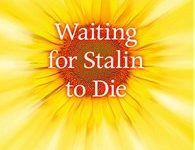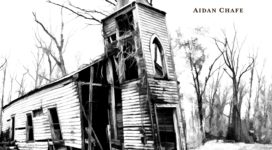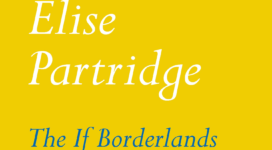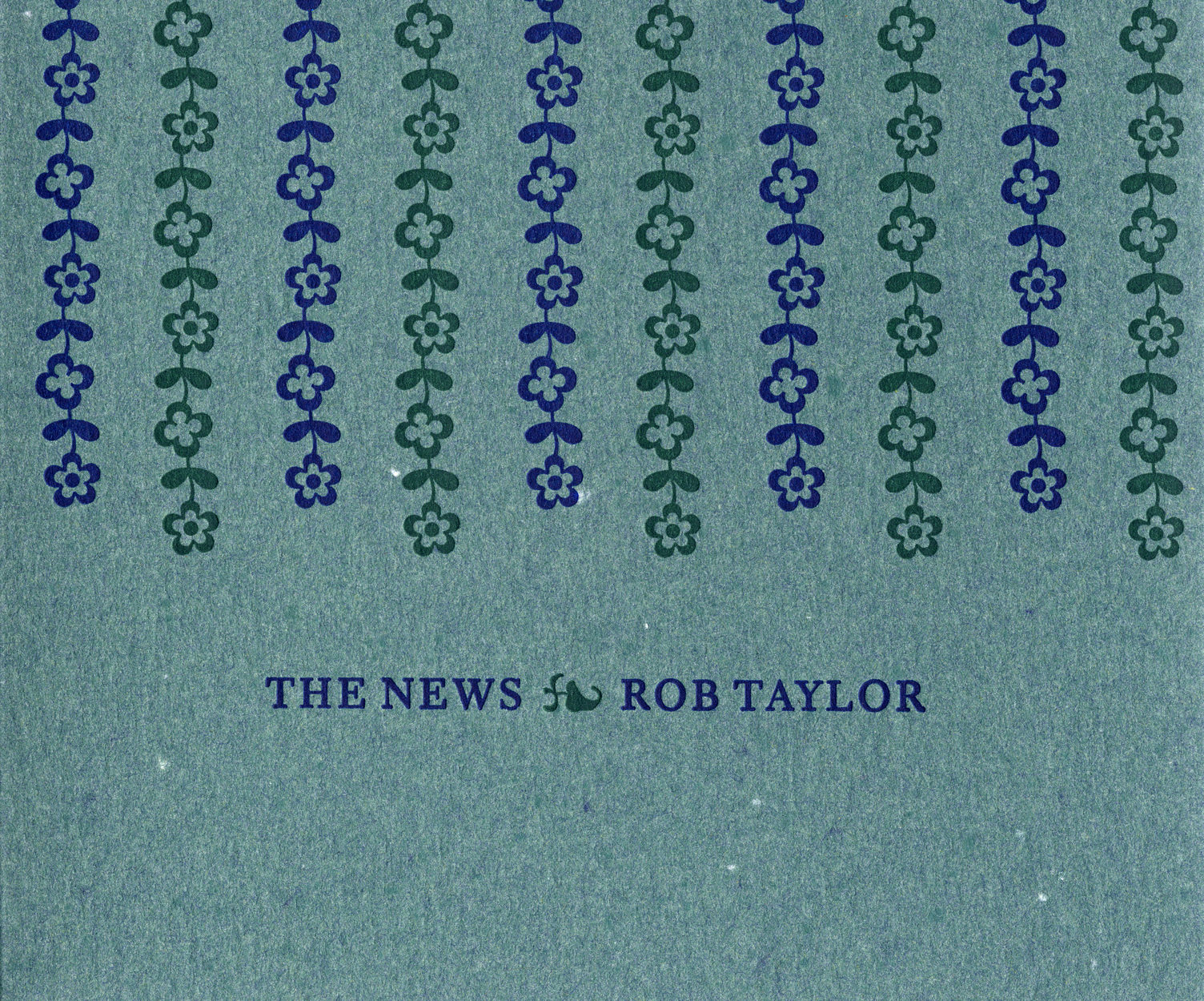
Cutting to the Core of Humanity: Steven Peters’ 59 Glass Bridges
Review by Deborah Vail
Steven Peters makes an impressive entrance into the world of speculative fiction with his debut novel, 59 Glass Bridges, which began as his thesis project while studying English at the University of Calgary. Inspired in part by Lewis Carroll’s Alice’s Adventures in Wonderland, Dante Alighieri’s Divine Comedy, the fifty-nine bridges in Peters’ hometown of Calgary, and his memories, this story is dark, evocative, and compelling.
Continue reading Cutting to the Core of Humanity: Steven Peters’ 59 Glass Bridges







